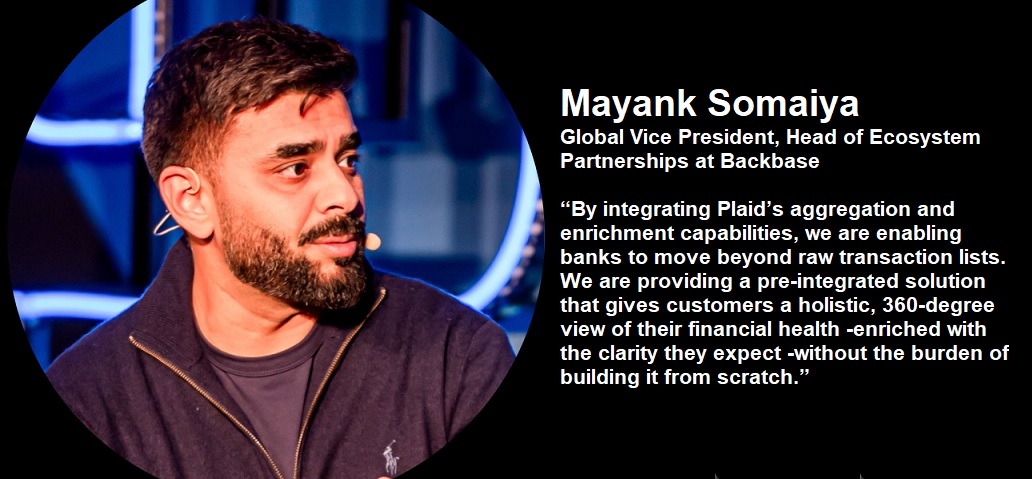European Parliament approves tougher rules on prepaid cards and cryptocurrencies

Members of European Parliament supported on Thursday – by 574 votes to 13 votes, with 60 abstentions – a December agreement reached with the Council, which also proposed closer regulation for virtual currencies, like Bitcoin, to prevent them being used for money laundering and terrorism financing. The agreement represents the fifth and latest update to the EU’s Anti-money laundering Directive and is partly a response to the terrorist attacks of 2015 and 2016 in Paris and Brussels, as well as the Panama Papers leaks.
Customer verification for virtual currencies
The new measures address risks linked to prepaid cards and virtual currencies. In a bid to end the anonymity associated with virtual currencies, virtual currency exchange platforms and custodian wallet providers will, like banks, have to apply customer due diligence controls, including customer verification requirements.
These platforms and providers will also have to be registered, as will currency exchanges and cheque cashing offices, and trust or company services providers.
Lower threshold on prepaid cards
Other measures agreed as part of the update include:
. a reduction in the threshold for identifying the holders of prepaid cards from currently €250 to €150;
. tougher criteria for assessing whether non-EU countries pose an increased risk of money laundering and closer scrutiny of transactions involving nationals from risky countries (including the possibility of sanctions);
. protection for whistleblowers who report money laundering (including the right to anonymity);
an extension of the Directive to cover all forms of tax advisory services, letting agents, art dealers, as well as electronic wallet providers and virtual currency exchange service providers.
Quotes
Krišjānis KARIŅŠ (EPP, LV), co-rapporteur said: “Criminal behaviour hasn’t changed. Criminals use anonymity to launder their illicit proceeds or finance terrorism. This legislation helps address the threats to our citizens and the financial sector by allowing greater access to the information about the people behind firms and by tightening rules regulating virtual currencies and anonymous prepaid cards.”
Judith Sargentini (Verts/ALE, NL), co-rapporteur said: “Annually, we lose billions of euros to money laundering, terrorism financing, tax evasion and avoidance – money that should go to fund our hospitals, schools and infrastructure. With this new legislation, we introduce tougher measures, widening the duty of financial entities to undertake customer due diligence. This will shine a light on those who hide behind companies and trusts and keep our financial systems clean. These rules will also be of enormous benefit to developing countries and their fight against illicit outflows of money which is desperately needed for investment in their own societies.”
Next steps
The updated directive will enter into force three days after its publication in the Official Journal of the European Union. Member states will then have 18 months to transpose the new rules into national law.
Source: European Parliament
Dariusz Mazurkiewicz – CEO at BLIK Polish Payment Standard
Banking 4.0 – „how was the experience for you”
„To be honest I think that Sinaia, your conference, is much better then Davos.”
Many more interesting quotes in the video below:









